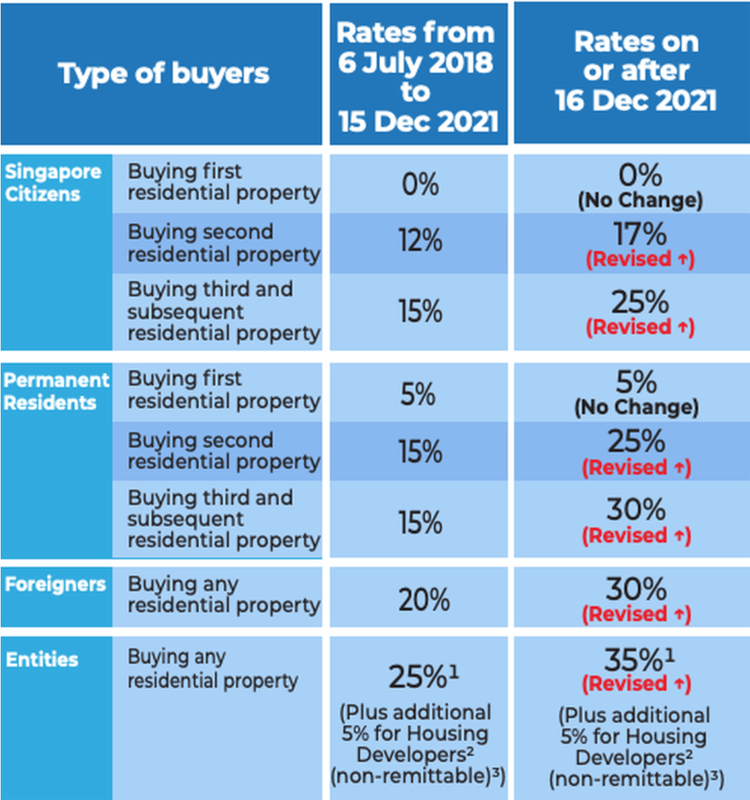Since the COVID-19 pandemic began, Chinese citizens have endured the government’s punishing zero-tolerance strategy that aims to stamp out the virus at all costs. Now, faced with a continued “zero-COVID” future, China’s rich are plotting their escape. Around 10,000 high-net-worth individuals (HNWI) in China are seeking to leave their country this year and could take US$48 billion in wealth with them, according to a recent 2022 wealth migration report by Henley and Partners, an reputable investment migration consultancy.
But Chinese authorities have anticipated this and enforced tough barriers aimed at preventing a mass exodus of people and money. In May this year, Xi's government announced that it would stringently “restrict the nonessential exit activities of Chinese citizens” citing the need to contain the virus. Many in China viewed these draconian measures as a way for the authorities to avert major brain and capital drain. China’s harsh exit and entry policies have made it difficult for citizens to obtain the documents they need to leave, including procuring passports.
China has also implemented tough regulations to control the movement of funds out of the communist country, e.g. by strictly allowing Chinese citizens to exchange around $50,000 worth of Chinese yuan into foreign currencies every year and banning cryptocurrencies to prevent massive outflow of funds.
As countries around the world compete to attract investments and grow their economies, such global investor programs are very common among developing or developed nations. Thailand recently introduced a form of GIP program to attract rich foreigners to invest in Thailand while allowing foreigners to fully own land for residential use in an attempt by Thailand to boost its economy by attracting a million new big-spending residents from overseas.
Thailand has for decades been a popular expatriate destination for investment, retirement and for starting small businesses, but foreign land ownership has been restricted. Under this recently introduced scheme, foreign nationals will now be permitted to own up to 1 rai (0.16 hectares) from September this year if they are able to invest 40 million baht (S$1.5 million) in properties, securities or funds in Thailand over the time span of 3 years.
However, world geopolitics have changed greatly and are much different now in 2022 with the current strong anti-China sentiment running in Europe and the United States as western nations fear the growing economic prowess of China which some analysts predict will overtake the United States as the world's largest economy within the next decade. Many believe the number of countries these mainland Chinese millionaires can emigrate to seem quite limited as much lesser mainland Chinese now aspire to move to Europe and the United States.
Real estate professional Kiwi Lim felt that foreign exchange deposits and real estate are the most popular way for the Chinese rich to store their fortunes offshore due to high cost-effectiveness, followed by stability and permanent property rights.









 RSS Feed
RSS Feed
